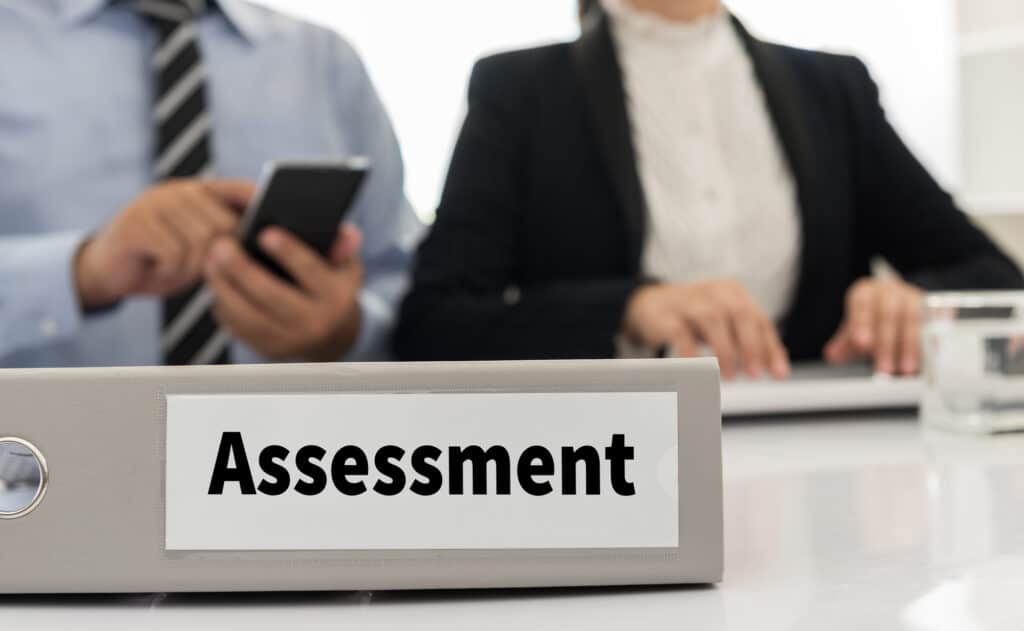The Critical Importance of Timely Risk Assessments in UK Workplaces
The Dilemma of Delaying Risk Assessments
The Busy Business Conundrum
In the hustle and bustle of business operations, from managing supplies and employee schedules to handling financial transactions, the task of conducting a risk assessment often falls by the wayside. Particularly in fast-paced environments, the urgency to update risk assessments is frequently overshadowed by immediate operational demands.
The Temptation to Postpone
For businesses experiencing growth, expansion, or changes in processes, the need for updated risk assessments intensifies. However, the daunting nature of this task, coupled with its perceived indirect impact on the bottom line, often leads to procrastination. This delay can have a chilling effect on the decision-making process, making the task of arranging for updated assessments increasingly challenging.
The Legal and Practical Necessity of Risk Assessments
Compliance with Health and Safety Legislation
Under the Health and Safety at Work Act 1974, conducting risk assessments is not just a legal requirement for businesses with four or more employees; it’s a fundamental aspect of maintaining up-to-date safety protocols. These assessments are crucial for ensuring the safety of both staff and visitors.
The Benefits Beyond Compliance
Regular risk assessments are more than just a legal checkbox. They play a vital role in keeping safety measures current and effective. This proactive approach not only safeguards the well-being of everyone on the premises but also proves advantageous during insurance evaluations.
Strategies for Effective Risk Management
Prioritising Risk Assessments
Understanding the importance of risk assessments is the first step. Businesses must prioritise these assessments to ensure they are prepared for the foreseeable future. Allocating time for this crucial task can save significant effort and resources in the long run.
Seeking Professional Assistance
For businesses that find the process overwhelming or lack in-house expertise, seeking professional help can be a wise decision. Expert guidance can streamline the risk assessment process, ensuring thoroughness and compliance while minimising disruption to business operations.
The Role of Employers and Employees in Risk Assessment
Involving the Workforce
A collaborative approach to risk assessment, involving employees at all levels, can yield more comprehensive results. Employees often have unique insights into potential hazards and can contribute valuable suggestions for mitigating risks.
Continuous Review and Adaptation
The dynamic nature of workplaces necessitates regular reviews and updates of risk assessments. Changes in equipment, processes, or the work environment can introduce new risks, making ongoing vigilance essential.
Conclusion: A Proactive Approach to Workplace Safety
Delaying risk assessments can have far-reaching implications for businesses, from legal repercussions to compromised safety. By prioritising these assessments and involving the entire workforce in the process, businesses can foster a safer, more compliant, and efficient working environment.

